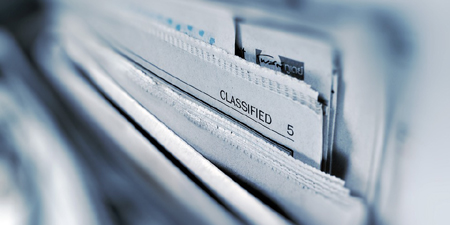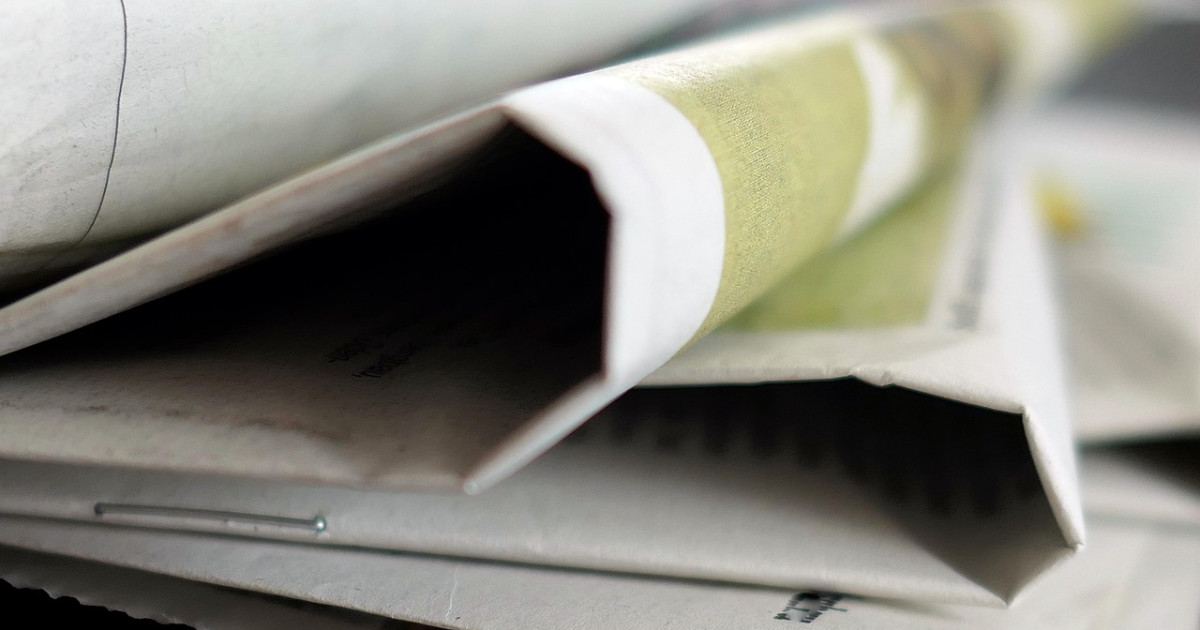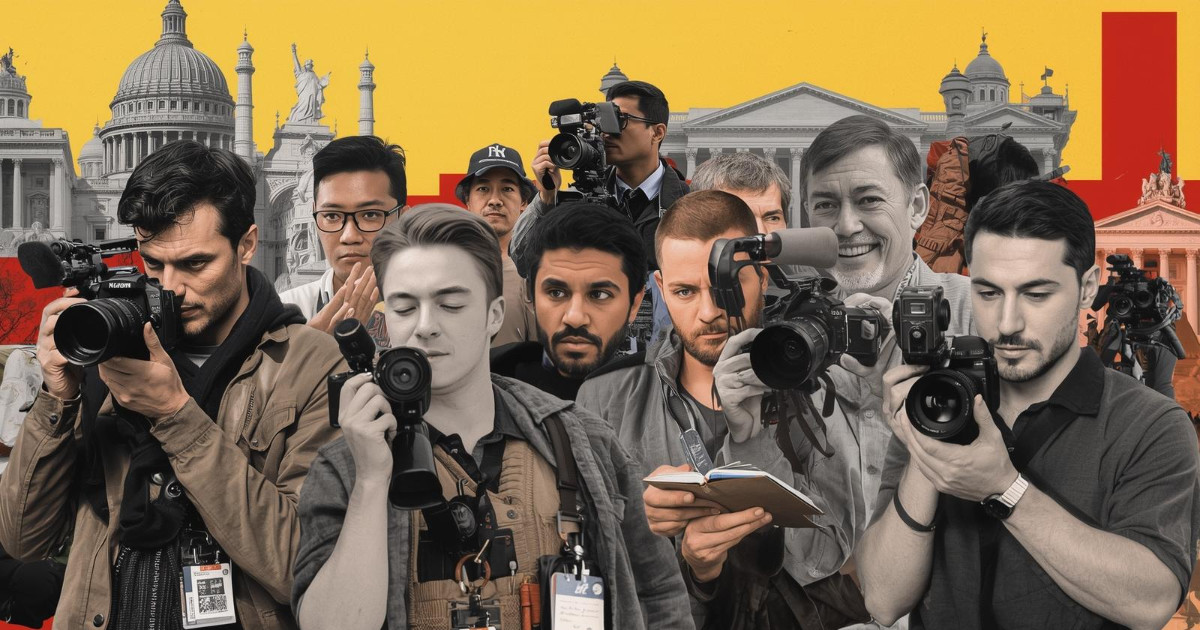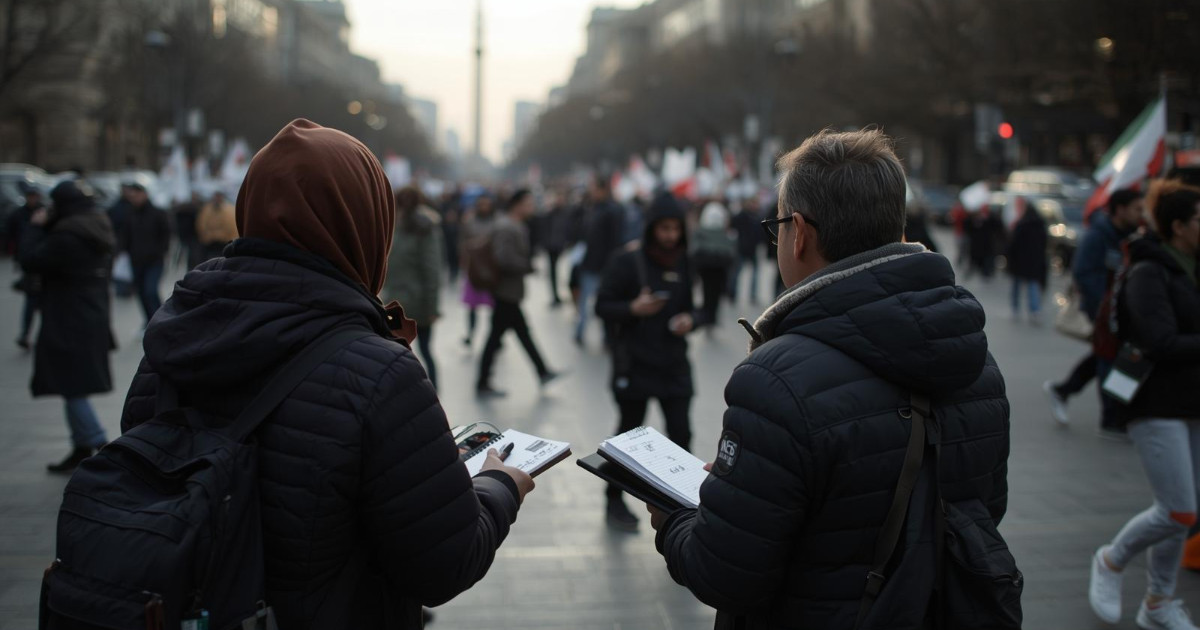IPI condemns intimidation of news organizations
JournalismPakistan.com | Published: 19 June 2018
Join our WhatsApp channel
The International Press Institute (IPI) has raised concerns over intimidation tactics against journalists in Pakistan. These acts threaten the independence of the press as the nation approaches its July 25 elections.Summary
The International Press Institute (IPI) has expressed deep concern about ongoing coercive measures to curtail the independence of the press in Pakistan.
In letters sent to Pakistan Prime Minister Justice (Retd) Nasir-ul-Mulk; Chief Justice of the Supreme Court of Pakistan Justice Saqib Nisar; Chief Election Commissioner Justice Sardar Muhammad Raza; Chairman of the Senate Muhammad Sadiq Sanjrani; and the leader of opposition in the Senate, Sherry Rehman, IPI highlighted a number of serious threats to press freedom ahead of the country’s July 25 elections.
These threats include the physical intimidation, abduction and torture of dissenting journalists; the forcible denial of the public’s right to access independent newspapers through the widespread disruption of newspaper distribution; and the effective blockading of independent channel broadcasts to television audiences.
The letter described those threats as an affront to the very democratic values enshrined in the constitution of the country.
“These actions deny the public’s fundamental right to receive news and information and to participate in informed debate about matters of public interest, in particular, the military’s role in civilian affairs,” IPI Executive Director Barbara Trionfi wrote in the letter, which was also sent to the leaders of the Pakistan Muslim League (Nawaz), Pakistan People’s Party and Pakistan Tehreek-e-Insaf.
Trionfi highlighted some troubling incidents, which she said must be viewed against the backdrop of the upcoming elections.
According to media reports, on June 6, a senior woman journalist, Gul Bukhari, from the Nawai Waqt-Nation Group, was abducted for several hours, late at night, while on her way to work.
The same night, another broadcast journalist, Asad Kharal, was physically assaulted in Lahore. Additionally, the director general of the armed forces’ Inter-Services Public Relations has reportedly produced a list of prominent journalists and activists that described them as “anti-state elements”.
Numerous newspaper editors have been forced to drop dissenting columns from newspapers, leading some columnists to post their uncensored columns on social media platforms, Trionfi’s letter noted.
Equally disturbing is the nationwide intimidation of newspaper distributors, apparently intended to disrupt the circulation of newspapers Dawn, Jang and The News.
Reports indicate that acts of intimidation occur daily in large metropolitan residential areas and medium-sized towns, particularly in military cantonments and military-administrated residential societies housing large civilian populations. Identical tactics are being deployed against cable operators affiliated to the Pakistan Electronic Media Regulatory Authority. News channels such as Geo and DawnNews are regularly blocked from reaching audiences.
Trionfi said that IPI was greatly concerned that the Pakistani military appeared to be increasing pressure on the country’s media to impose a narrative of its choosing with relation to its involvement in civilian affairs. Trionfi added that she was troubled to see that, as part of this recent escalation, the military had publicly castigated independent media as a threat to national security, as a consequence of which dissenting journalists have been targeted on social media and threatened with bodily harm.
“Such a climate is inimical to both democracy and the free flow of information necessary to this upcoming election”, Trionfi wrote. “IPI is worried that the continued persecution of the independent media is designed to convey a clear message: that any criticism of the military’s involvement in civilian affairs will have dire consequences for the survival of an independent press in Pakistan.”
“Unless rigorous measures are taken to halt further attempts to influence reporting in the media, and to ensure that newspapers are allowed to publish freely, and television channels are allowed to broadcast in Pakistan without any further harassment, doubts may be cast on the credibility of the upcoming elections,” the letter continued.
Trionfi urged the prime minister, the chief justice, the chief election commissioner and leaders of the political parties to do everything possible to ensure that the deteriorating environment for the independent press is reversed and that the press protected from attacks by state institutions.
IPI is a Vienna-based network of editors, media executives and leading journalists set up in 1950 to strive for press freedom and the protection of journalists. - IPI
KEY POINTS:
- IPI expresses concern over press freedom threats in Pakistan.
- Coercive measures against journalists include intimidation, abduction, and torture.
- Media reports highlight incidents of harassment against dissenting journalists.
- The military is accused of increasing pressure on independent media narratives.
- Calls for action to protect journalists and ensure free elections.

























